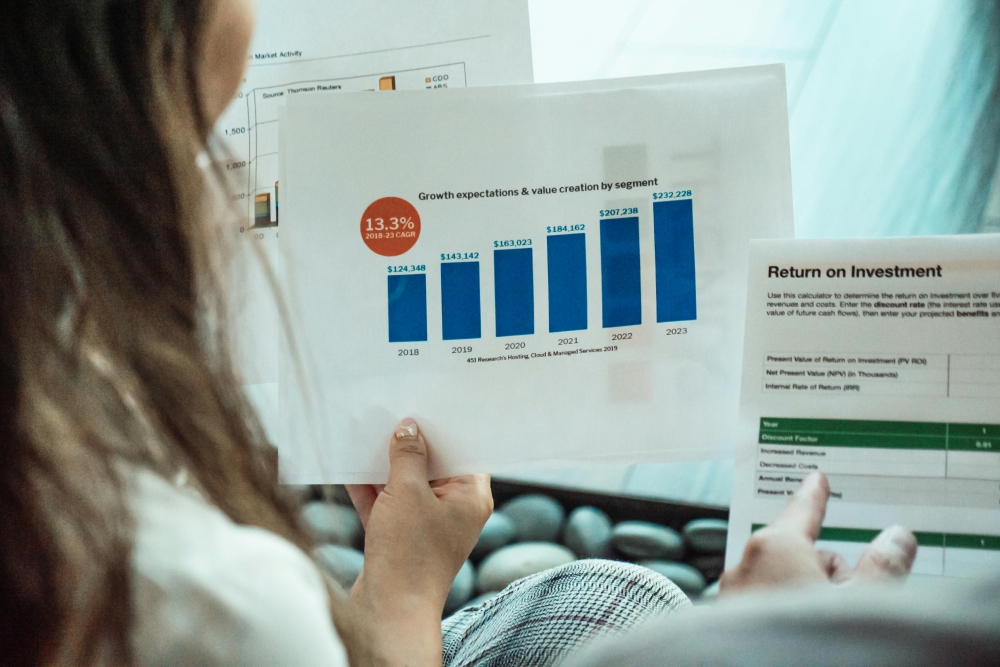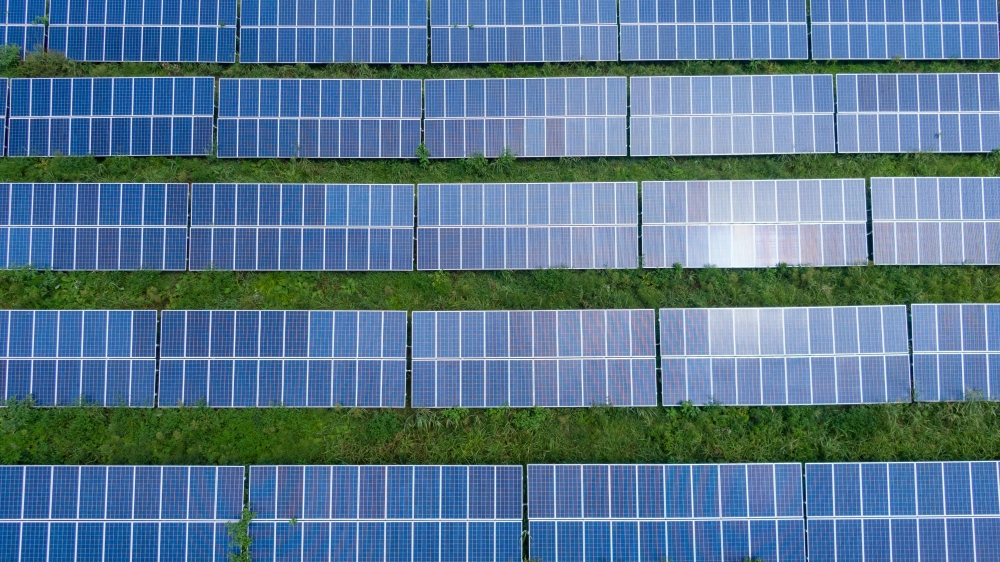
The world is pivoting towards a more sustainable future., The integration of renewable energy into the global energy mix is accelerating. Reducing carbon footprints and greenhouse gas emissions, renewable energy is crucial to meeting both sustainability and economic goals.
Effective management of renewable energy resources, such as solar and wind power, helps harness their full potential and achieve long-term economic and environmental objectives. This blog post explores the costs associated with renewable energy investment and the potential returns.
Costs Associated with Renewable Energy Investment
Investing in renewable energy technologies involves initial capital expenditures that can vary widely depending on the type, scale, and location of the project. For example, the upfront costs for installing solar panels in urban areas in Singapore may differ from setting up a solar farm in offshore environments.
Each type of renewable energy — whether solar, wind, hydro, or biomass — has specific installation requirements and associated costs, including the procurement of specific technology like turbines or solar panels.
These initial investments are just one part of the economic equation. Renewable energy systems also incur varied operational and maintenance costs throughout their lifespan. Unlike traditional energy sources, these costs are generally lower due to the absence of fuel expenses but can include regular maintenance, repair of components, and technology updates to ensure optimal performance.
Additionally, the specificity of these ongoing costs can differ dramatically depending on the energy source; for instance, wind turbines may require different maintenance regimes compared to solar installations or hydroelectric facilities, reflecting their distinct operational challenges and environments.
Savings and Financial Incentives
Adopting solar energy or other renewable sources can lead to substantial savings on energy bills and is potentially economically advantageous in the long run. Businesses and homeowners using solar power can enjoy reduced dependency on the grid, which translates into lower monthly energy expenditures.
Governments worldwide, including Singapore, incentivise the shift towards green energy through various subsidies, tax rebates, and grants. These financial incentives are designed to reduce the burden of initial investment and make renewable energy projects more appealing and financially viable for businesses and individuals.

Increasing Return on Investment (ROI)
The return on investment (ROI) for renewable energy projects can be compelling, especially when considering projects that involve the trading of RECs. For instance, consider a hypothetical renewable energy project that involves the installation and management of solar panels across multiple corporate facilities in Singapore. Selling the RECs generated from such a project could help increase the project’s ROI.
By facilitating the trade and management of RECs, REDEX not only supports the financial aspects of renewable investments but also ensures environmental impacts are maximised. This approach highlights the importance of strategic partnerships and expert management in achieving optimal yet sustainable outcomes. It supports substantial environmental benefits while also ensuring economic returns, thus demonstrating the compelling ROI that well-managed renewable energy projects can offer.
Navigating the Future with REDEX: The Strategic Value of Renewable Energy Investments
Strategic planning and meticulous management are crucial in maximising the benefits of renewable energy investments. As the economic and environmental landscapes evolve, renewable energy is increasingly becoming a sustainable and economically viable option for businesses to adopt.
Looking forward, investments in renewable energy are set to play a critical role in shaping a low-carbon economy, with innovative platforms like REDEX helping to improve returns in renewable energy investment via managing and trading Renewable Energy Certificates (RECs).
Through effective investment and management of renewable energy, businesses can anticipate a solid return on their investments and position themselves as forward-thinking leaders in sustainability. REDEX’s green energy platform facilitates this transition, offering a suite of services to assist businesses in optimising their renewable energy strategies for better economic and environmental outcomes.

